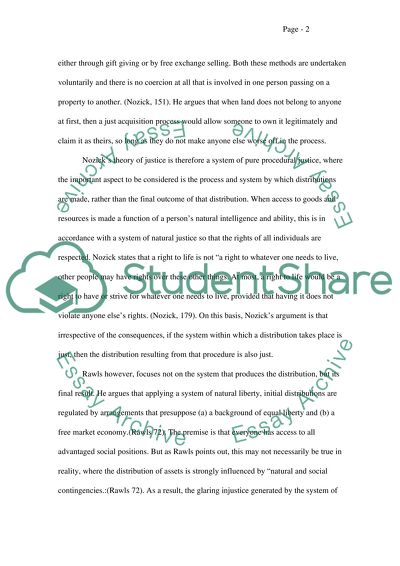Cite this document
(“The Distribution of Primary Goods by Nozick and Rawls Essay”, n.d.)
The Distribution of Primary Goods by Nozick and Rawls Essay. Retrieved from https://studentshare.org/philosophy/1549318-philosophy-essay-on-anarchy-state-and-utopia-by-robert-nozick
The Distribution of Primary Goods by Nozick and Rawls Essay. Retrieved from https://studentshare.org/philosophy/1549318-philosophy-essay-on-anarchy-state-and-utopia-by-robert-nozick
(The Distribution of Primary Goods by Nozick and Rawls Essay)
The Distribution of Primary Goods by Nozick and Rawls Essay. https://studentshare.org/philosophy/1549318-philosophy-essay-on-anarchy-state-and-utopia-by-robert-nozick.
The Distribution of Primary Goods by Nozick and Rawls Essay. https://studentshare.org/philosophy/1549318-philosophy-essay-on-anarchy-state-and-utopia-by-robert-nozick.
“The Distribution of Primary Goods by Nozick and Rawls Essay”, n.d. https://studentshare.org/philosophy/1549318-philosophy-essay-on-anarchy-state-and-utopia-by-robert-nozick.


